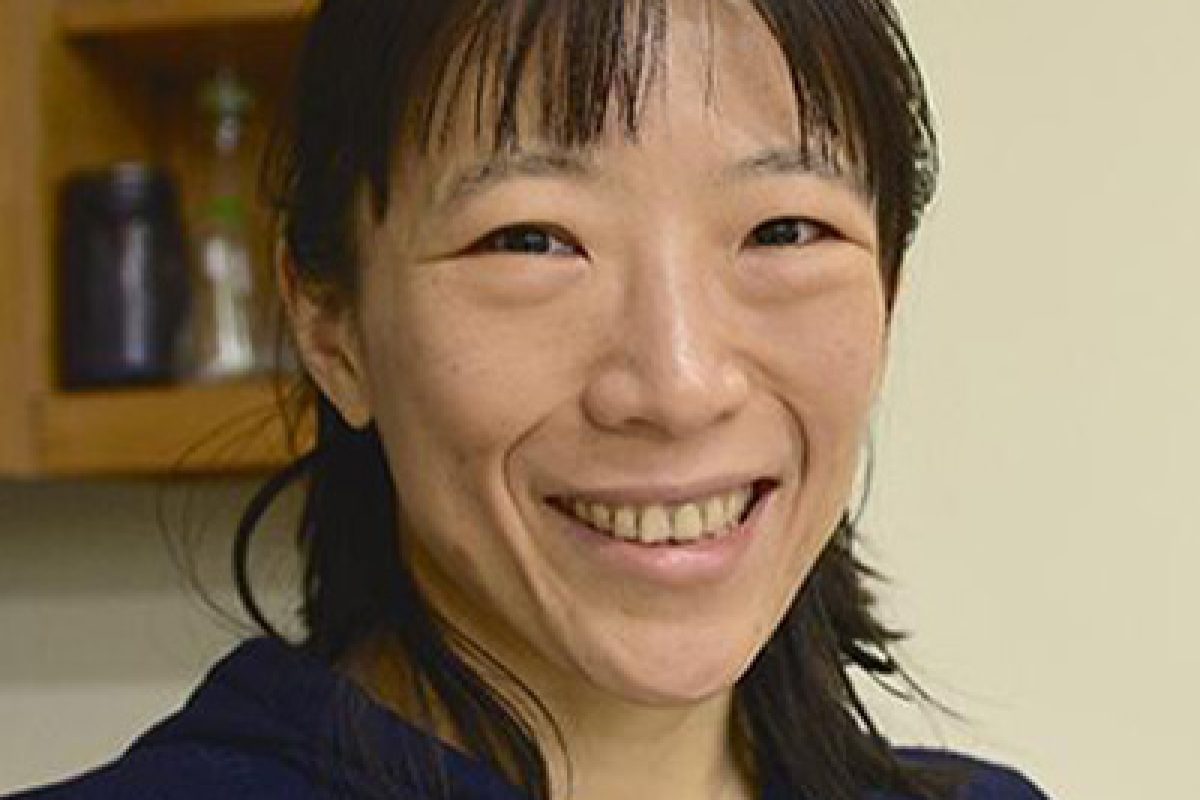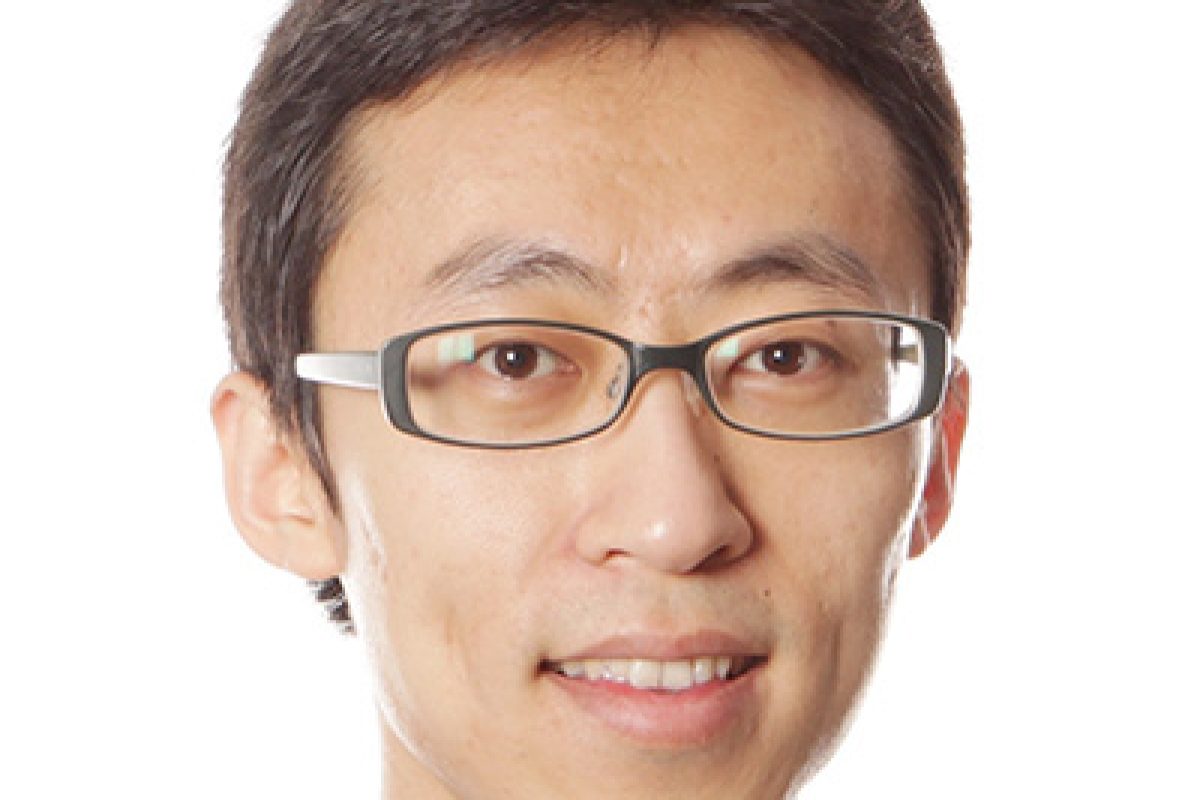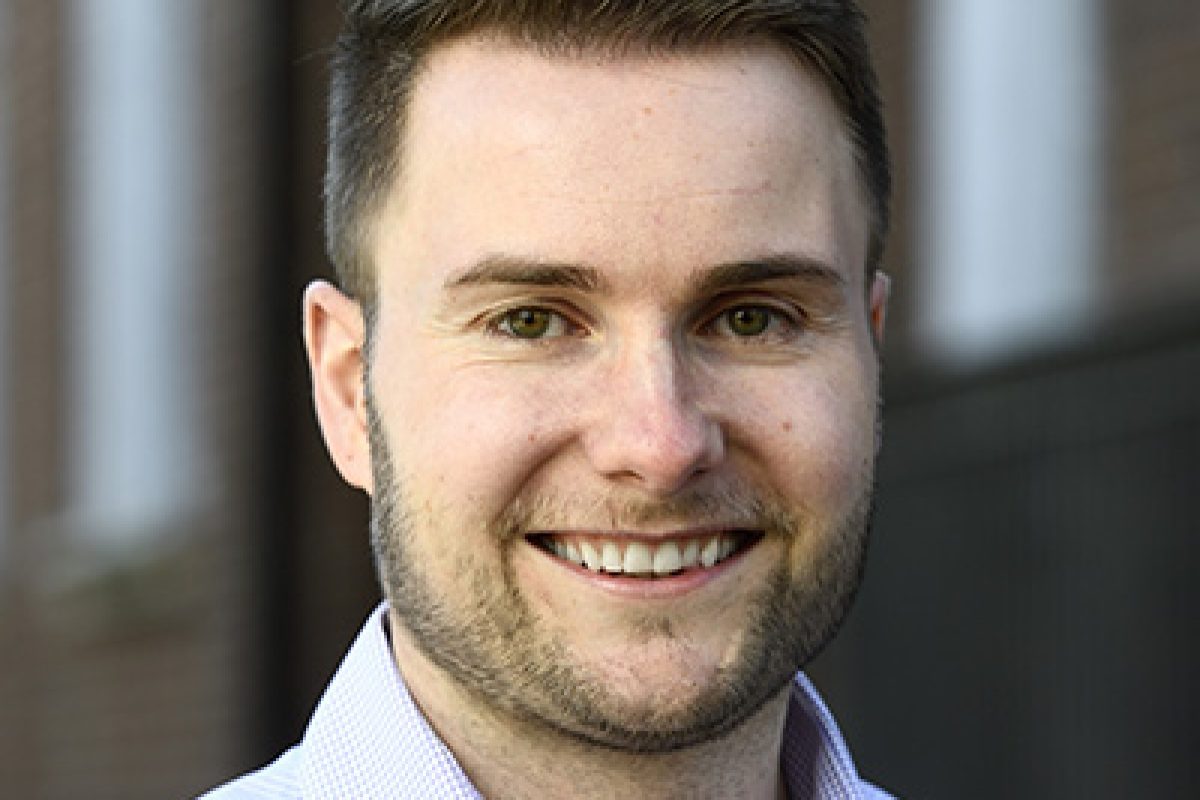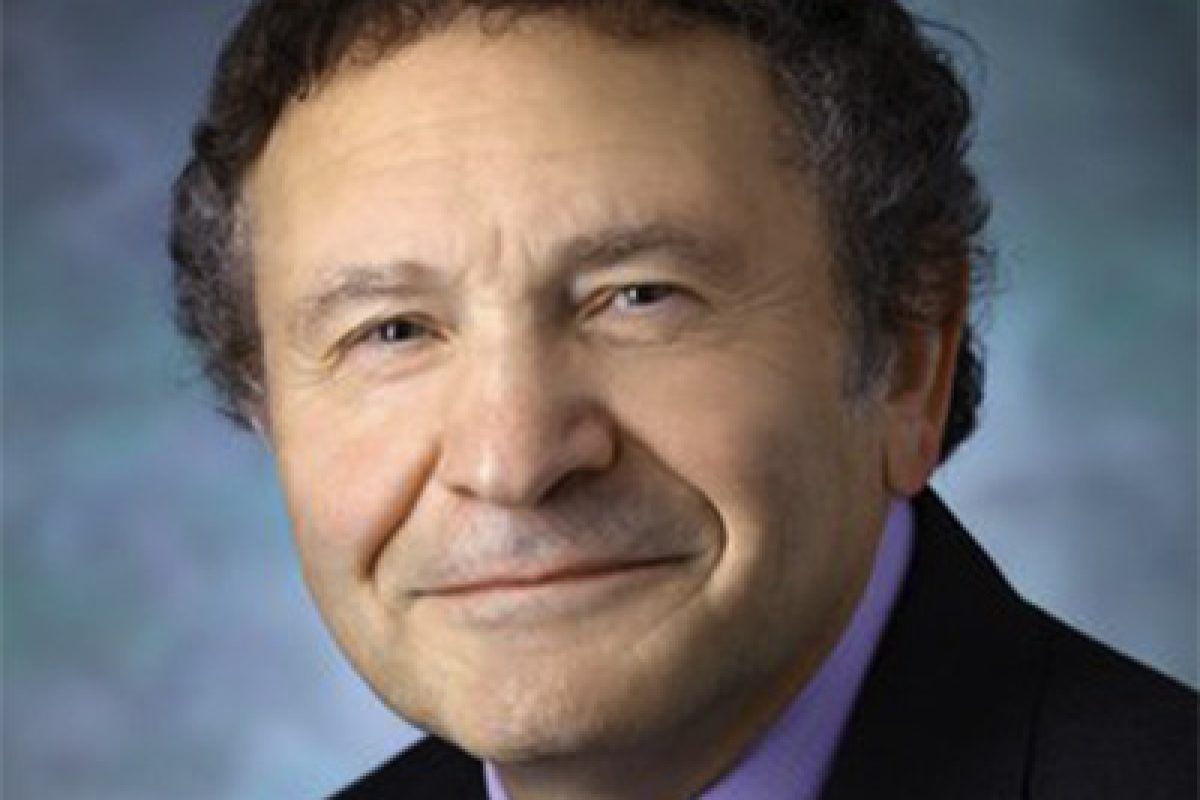Dr. Chen’s current research is focused in the following three areas: [1] Developing tools to measure key parameters in mechanobiology; [2] Understanding the fundamental biophysical mechanisms that contribute to diseases and aging process; [3] Applying knowledge gained from basic mechanobiology research to clinical applications. The three research foci are interconnected: we develop measurement tools to quantitatively characterize biophysical phenomena, such as axial stiffness of twisted DNA strands, differential force generation profiles and viscoelasticity of diseased and senescent cells compared to their normal counterparts, and identify the underlying mechanisms for such difference, which can be exploited for disease diagnosis, treatment and manufacturing biomaterials to repair or replace damaged tissues due to aging and/or pathologies.
Luo Gu
The Gu laboratory studies how cells sense and respond to the mechanical and biochemical cues from their microenvironment. The findings from these studies are then used to design and create new biomaterials that provide desirable signals to direct cell behavior and function for applications in tissue engineering, cell therapy manufacturing, and immunoengineering.
Jochen Mueller
The Mueller Lab specializes in developing advanced manufacturing solutions for soft and multifunctional materials, with a strong emphasis on Additive Manufacturing (AM), also known as 3D Printing. The AM processes developed in the lab are capable of handling biological materials, such as hydrogels and living cells, with high throughput speeds and high spatial resolution. This capability enables the creation of intricate constructs, including multifunctional scaffolds that mimic the extracellular matrix of human tissues. These constructs can integrate various functions, such as active stimulation and sensing, to facilitate the study of life mechanics and biophysical phenomena, including aging and diseases.
Aleksander Popel
The main themes of research in my laboratory are angiogenesis, immuno-oncology, Quantitative Systems Pharmacology (QSP), and development of oncolytic, anti-angiogenic and immuno-activating peptides for therapeutic applications. We conduct both computational and experimental studies. Our QSP studies use spatial transcriptomics of tumors and build cohorts of virtual patients and digital twins to conduct virtual clinical trials and identify biomarkers.




